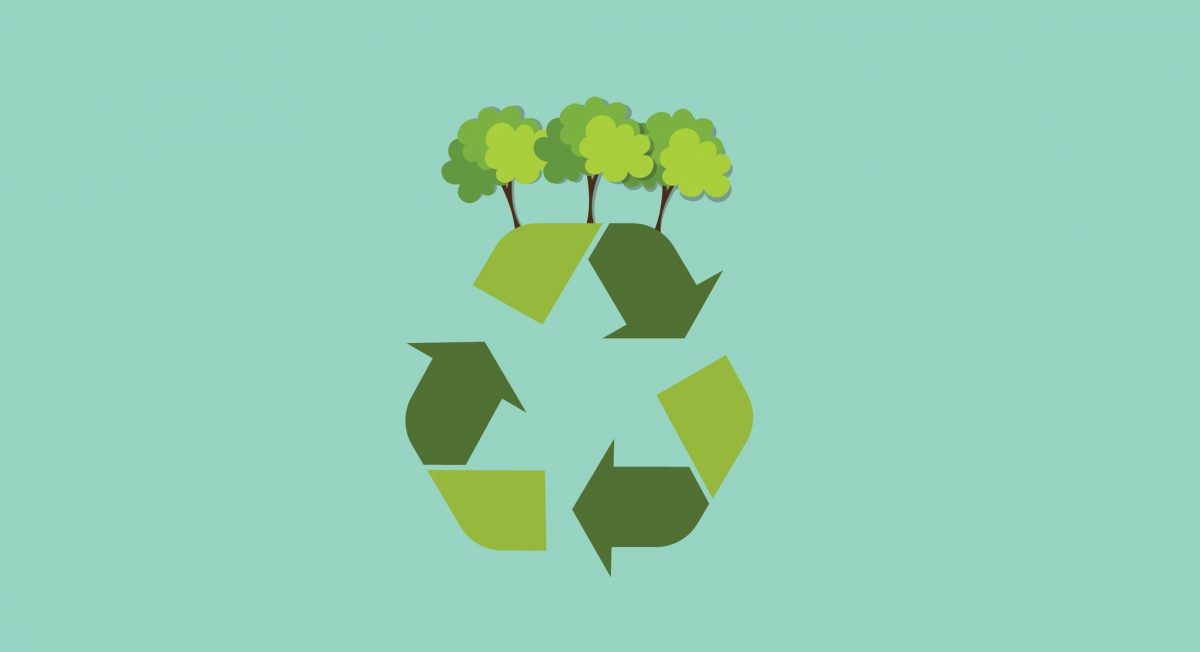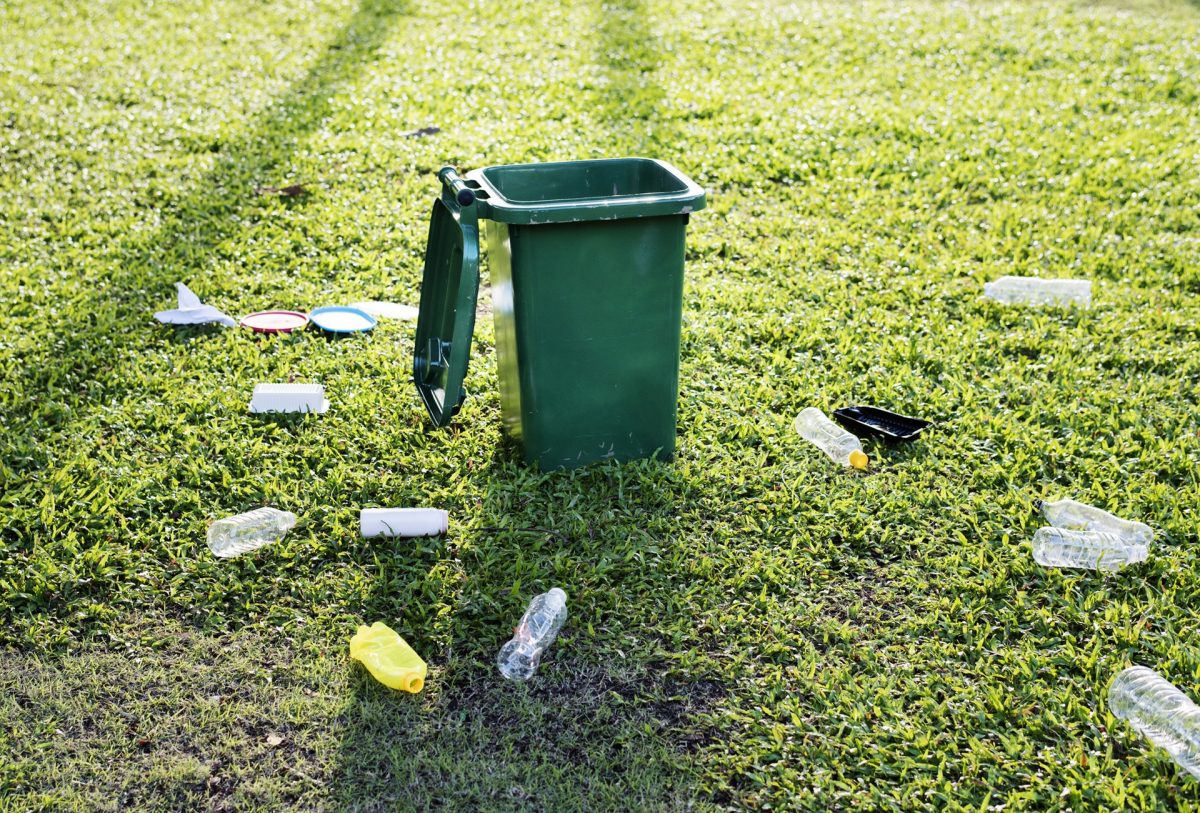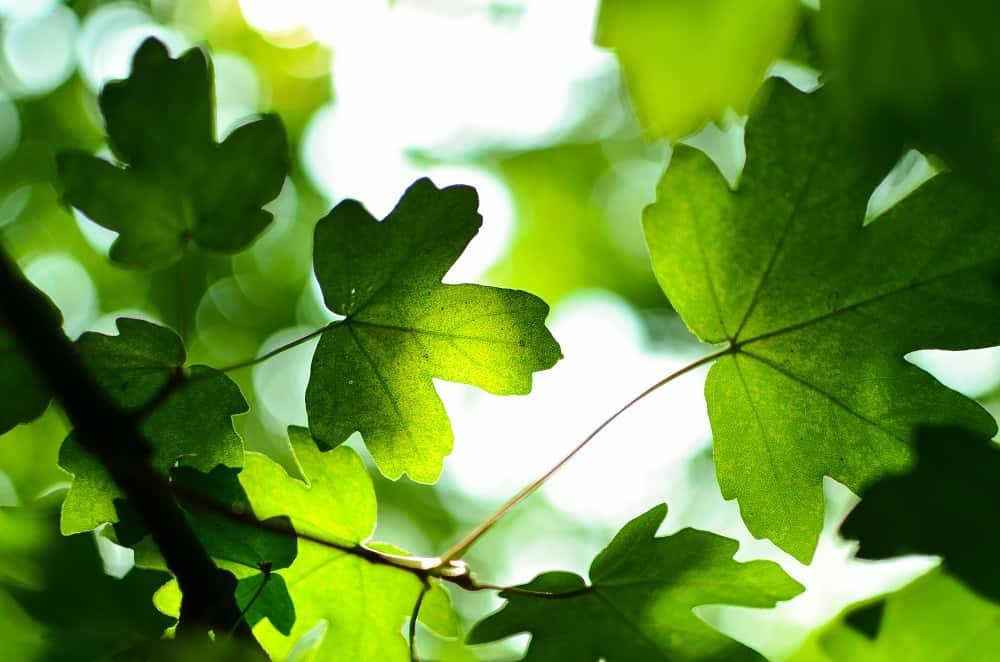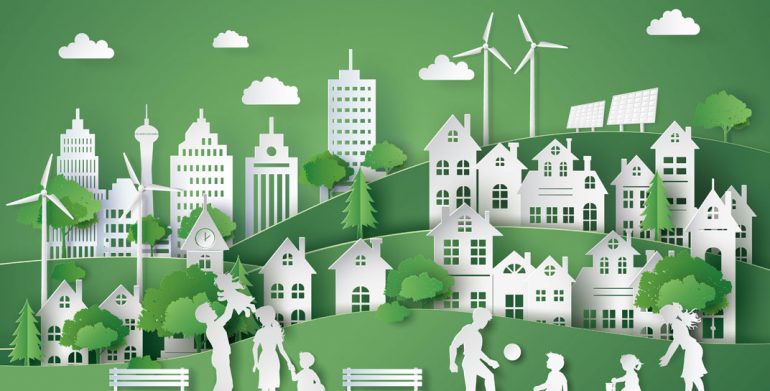Greenpeace has prepared a study on plastic pollution, in which it assessed the effectiveness of large companies in the fight against disposable plastic. RBC publishes one of the chapters In response to growing public concern about disposable fossil fuel plastics, many companies are switching to biodegradable plastics, which are often mistakenly advertised as biodegradable or compostable. Coca-Cola, Danone, Nestlé, PepsiCo use bioplastics to replace some conventional plastics in beverage bottles. Many packages or disposable cutlery, plates, etc. for takeaway food … Continue reading “Eco plastic in the world”
An eco-bag is our everything
Posted on December 7, 2020Is it worth talking about how convenient and practical it is? You will understand this yourself when you start using it regularly (if you have not already started). Eco-bags are usually made of natural or synthetic materials using industrial waste or recycled materials. They are durable, easy to wash, take up little space and do not wear out for a long time. It is easy to guess that eco-bags are thrown away much less often and decompose much faster than … Continue reading “An eco-bag is our everything”
How bad is it?
Posted on December 7, 2020Yes. Even so. Oxodegradable bags turn into microplastics, and the production of hydro-biodegradable bears a large environmental footprint. And both species do not decompose at all in the existing conditions. Therefore, do not be fooled by the tricks of marketers: a package labeled “biodegradable” is still the same plastic package with destructive additives that only aggravate the situation, allowing this plastic to migrate freely around the planet (and you wanted the best). It turns out that the use of such … Continue reading “How bad is it?”
Not a miracle
Posted on December 7, 2020It is important to understand that biodegradable plastic is not a single miracle material. This is a large family of different polymers. Some of them decompose faster, some slower, but they all need special conditions for this. The goal is for the plastic to decompose into mineral compounds as soon as possible and cease to be plastic at all. That is, petroleum polymers should not remain in the soil. That’s just for this you need to maintain a certain temperature, … Continue reading “Not a miracle”
Biodegradable
Posted on December 7, 2020“Biodegradable” does not mean “safe” Since the early 1990s, marketers have been trying to convince us that they can save the world from plastic by attributing to it the magical properties of decomposition. But, as already mentioned, all materials are decomposable in one way or another: only the question of time is important. Remember when the first “environmentally friendly” bags made of starch appeared? This is truly biodegradable packages (more precisely: hydro-biodegradable). Manufacturers position these bags as a green alternative … Continue reading “Biodegradable”
Mythbreaking post
Posted on December 7, 2020Decompose the indecomposable In fact, to say that a plastic bag is “biodegradable” is to say nothing. All materials on this planet are biodegradable, only some take a month, others hundreds of years. Most bags labeled “biodegradable” on store shelves are bags made of oxo-biodegradable plastic, and these are bags made of polyethylene, which introduced a special additive that accelerates its decomposition into small particles. Particles of what? All the same plastic. Only they will penetrate much faster into the … Continue reading “Mythbreaking post”





